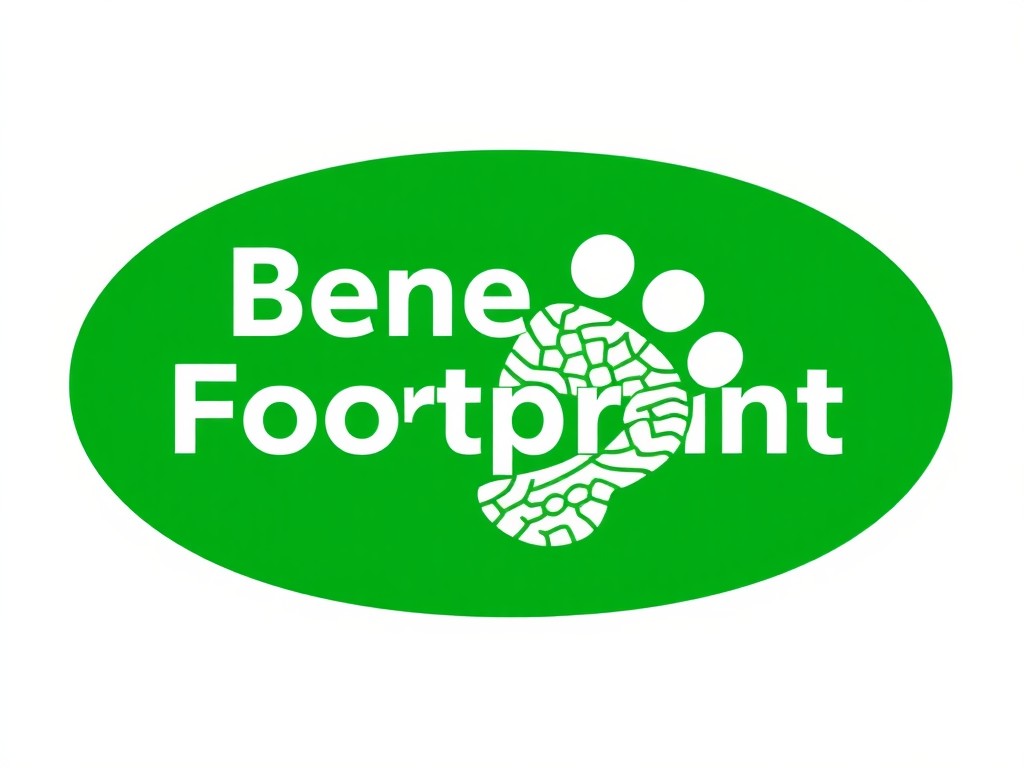Understanding Eco-Tourism Marketing
Eco-tourism aims to promote sustainable travel that conserves the environment and positively impacts local communities. It encourages travelers to visit natural areas responsibly, ensuring that destinations maintain their ecological integrity. In the current travel landscape, the role of eco-tourism marketing cannot be overstated, as it helps raise awareness and attract tourists who value sustainability.
UK Eco-Tourism Market
In the UK, eco-tourism is rapidly gaining traction, with consumers increasingly seeking eco-friendly travel experiences. Marketing strategies are evolving to cater to this demand, emphasising authentic experiences and sustainable practices. UK travel agencies are responding to these trends by integrating eco-conscious values into their branding and offerings. This shift reflects a broader inclination towards responsible travel, where eco-tourism serves as a key differentiator in a competitive market.
Additional reading : Mastering Facebook: Top Tips for Promoting UK Online Courses Successfully
Marketing strategies particularly focus on highlighting the unique appeal of destinations that prioritize conservation and community involvement. Consumers are motivated not only by the promise of beautiful landscapes but also by the guarantee that their travel choices support the local environment and economy. This evolving marketing landscape showcases the importance of aligning tourism practices with sustainable principles.
Strategies for Eco-Tourism Promotion
Crafting effective eco-tourism promotion strategies requires a blend of traditional and innovative approaches. Eco-tourism Promotion hinges on showcasing destinations in a way that highlights their sustainability and natural beauty. Marketing Techniques involve using storytelling to engage potential travelers and inspiring them to choose Sustainable Travel.
Topic to read : Boost Your UK Tea Room: Innovative Instagram Strategies to Skyrocket Online Bookings
Utilizing Digital Marketing Channels
The importance of a robust social media presence cannot be understated in today’s eco-tourism landscape. Travelers are increasingly turning to platforms like Instagram and Facebook to discover eco-friendly locations. Here, content marketing is vital, aiming to create compelling narratives that resonate with eco-conscious travelers. Engaging content often includes stunning visuals of natural landscapes, informative posts about conservation efforts, and traveller testimonials on sustainable experiences.
Additionally, email marketing campaigns tailored to green initiatives offer a personalized touch, providing subscribers with updates on eco-friendly travel packages, discounts, and insider tips.
Building Strong Partnerships
Collaboration with local eco-friendly businesses strengthens promotional campaigns. Engaging with conservation organizations allows for joint promotions that enhance credibility and appeal to eco-conscious travelers. Moreover, leveraging influencer partnerships can significantly boost promotional efforts by offering authentic endorsements and reaching wider audiences interested in sustainable travel options.
Case Studies of Successful Eco-Tourism Marketing
Understanding eco-tourism success strategies from real-world examples provides valuable insights. In the UK, some travel agencies have notably excelled by implementing innovative approaches that align with eco-friendly values. Their case studies offer fascinating accounts of what works in attracting eco-conscious travelers.
One acclaimed UK agency stood out by integrating eco-tourism deeply into its branding strategy. By creating immersive storylines around eco-friendly travel packages, they captured the imagination of their audience, enhancing their reputation and engagement. Such narrative-driven campaigns not only effectively showcase sustainable practices but also personalize the travel experience, resonating well with the ethos of potential customers.
Success stories from various campaigns highlight techniques such as partnering with local conservationists to ensure authenticity and commitment. These partnerships add a layer of genuine impact, which in turn attracts eco-conscious tourists keen on making a positive difference through their travels.
Lessons learned pinpoint to the effectiveness of transparency in communication and the portrayal of tangible benefits, both environmental and cultural. UK agencies looking to implement similar strategies could glean key takeaways from these examples, effectively moulding their offerings to meet the expectations of environmentally aware consumers.
Engaging Eco-Conscious Consumers
Incorporating eco-conscious consumers into marketing strategies is essential for thriving in the eco-tourism industry. These individuals are characterized by a strong commitment to environmental conservation and a preference for sustainable travel options. Understanding their behaviour necessitates recognizing their motivations, which often include making a positive impact on the environment and supporting local communities.
Aligning marketing messages with consumer values is crucial. It’s important to resonate with this target market by emphasizing the environmental and community benefits of eco-tourism. Transparency in how travel choices can support conservation efforts fosters trust and encourages deeper engagement.
Understanding Eco-Consumer Behavior
Eco-conscious travelers are driven by a desire for experiences that align with their values. Therefore, crafting targeted messaging that highlights genuine sustainability efforts is vital. Communicating how eco-tourism positively affects local communities adds value and appeal.
Crafting Targeted Messaging
Developing clear and relatable sustainability messaging is key. Utilize storytelling to convey the unique experiences offered by eco-tourism. This involves showcasing how travelers can immerse themselves in authentic, eco-friendly adventures that leave a lasting impact. Personalizing these messages reinforces the integrity of a brand committed to responsible tourism.
Tools and Resources for Eco-Tourism Marketing
In the evolving world of eco-tourism, utilising the right tools and resources can significantly enhance marketing efforts. Marketing tools play a crucial role in data analysis, helping travel agencies track consumer trends and measure the success of their strategies. Platforms like Google Analytics and Hootsuite provide insights into audience engagement and campaign performance, enabling informed decision-making.
Creating engaging content is pivotal in eco-tourism marketing. Resources such as Canva and Adobe Spark offer templates and design tools to craft visually appealing posts that highlight sustainable travel content. Eye-catching visuals are essential in capturing the eco-conscious consumer’s attention, making them feel connected to the sustainable travel message.
In addition to design tools, educational platforms like HubSpot Academy and Coursera offer courses on digital marketing strategies, specifically tailored for the eco-tourism industry. These courses provide insights into best practices for reaching the target market and developing effective marketing techniques.
Remember, continuous adaptation is key. Stay current with industry trends by engaging with resources and tools regularly, ensuring your marketing strategies align with the latest eco-tourism developments. This proactive approach will help maintain a competitive edge in the market.
Continuous Improvement and Adaptation
In the dynamic landscape of eco-tourism, staying informed about the latest eco-tourism trends is crucial for marketing success. To remain competitive, travel agencies must embrace marketing adaptation, aligning strategies with evolving consumer preferences and environmental priorities. This involves not only keeping abreast of industry insights but also engaging in continuous evaluation of marketing efforts.
Techniques for measuring marketing effectiveness include leveraging data analytics tools. Agencies can utilize these platforms to track campaign performance and consumer engagement, helping them identify areas for improvement. By analysing key metrics, they can adjust their strategies to better meet the expectations of eco-conscious travelers.
Adapting to changing trends is essential in the marketing realm. A commitment to continuous learning ensures that agencies stay ahead of shifts in consumer behaviour and industry innovations. This can involve online courses, workshops, and other resources focused on eco-tourism marketing skills.
Moreover, staying informed about industry developments aids in crafting strategies that resonate with the eco-conscious audience. Emphasizing a proactive approach not only builds trust among consumers but also enhances an agency’s reputation as a leader in sustainable travel promotion. The commitment to diligent adaptation and improvement leads to more effective marketing campaigns.











